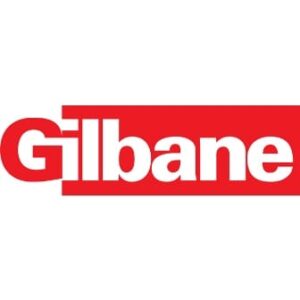In many cases, companies are conducting activities to develop their talent, but may not be harnessing the true potential of their employees through integrated talent management. This goes beyond managing performance, providing training or building succession plans as individual, often disconnected events. It requires a cultural and systematic approach where everything a company does to optimize each person’s capacity and capability feels intuitive and connected. A process where the sum is truly greater than the parts.
At Gilbane, our approach to talent management is based on the principle that helping employees’ reach their full potential also serves to maximize their capability to deliver outstanding business results for our clients. A fully-developed talent management process needs to include all elements of the employee experience, so that no matter where an employee is in their career, an effective talent management program has touchpoints that continue growth and development of the individual and organization.
What are the benefits of talent management?
- Taking a holistic view of the employee puts them in the driver’s seat to manage their career. Emerging leaders work with their manager and development champion to map out a plan for moving through field roles, for example, from engineer to project manager and potentially to project executive. Along the way, employees receive training and coaching to build the skills and demonstrate the behaviors needed to advance.
- Talent management provides a consistent flow of talent for the organization. Through annual talent review meetings, HR and leadership identify talent within the organization and align on key individuals to fill our talent pipelines as part of succession planning.
- Building a talent management culture provides the best opportunity for all employees to reach their full potential.
Keys to Successful Talent Management
- Leadership buy-in: Central to the success of talent management is full buy-in from senior leadership. It’s important that everyone in the organization knows that this is a part of who we are through all levels of the organization.
- Clear assessment and measurement processes: You’ll want to ensure that your talent practices are generating the desired results. Through people analytics, you can make data-driven decisions related to workforce planning, compensation and other important practices.
- Consistent, effective communication: The foundation for any successful talent management process is consistent, effective communication. One avenue we’ve used to foster open communication at Gilbane is through a commitment to coaching and mentoring programs that create trust and encourage open and honest feedback.
It’s no surprise that implementing talent management benefits both employers and employees. There’s a unified purpose – maximizing the potential of employees leads to exceeding client expectations and achieving business goals. Fuel up your business’ talent management and you’ll accelerate success!

